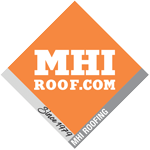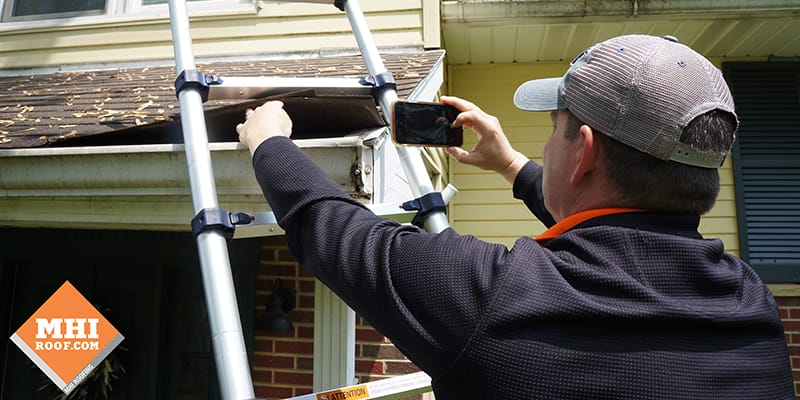The goal of having a functioning gutter system is to make sure that rainwater runoff is directed from the roof toward downspouts. The ends of each downspout should be far enough from your home so rainwater wouldn’t start pooling on your landscaping and near the foundations. Knowing where exactly to deliver large volumes of water without causing structural damage is imperative.
MHI Roofing, one of the top local new roof contractors, explains where rainwater runoff should go.
Storm Drain
Most homes direct rainwater toward storm drains. It is done by installing a downspout extension that terminates about 10 feet away from the main structure so runoffs don’t end up saturating the soil. If water needs to be drained further away from the property, below-grade downspouts are often installed. These are drain lines buried to the ground to facilitate precise rainwater routing toward storm drains.
Drainage Pit
Many exterior services providers recommend the drainage pit as an alternative if there is no storm drain nearby. It is a cost-effective option for leading rainwater to the drain safely without affecting your home’s curb appeal. It consists of a buried drain tile that runs from the catch basin to the collection container that is buried in the soil some distance away. Once the water reaches the container, it will disperse and be absorbed slowly by the surrounding soil.
Rain Barrel
Investing in a rain barrel is a great way to utilize rainwater runoff. The container, which is made of either wood or plastic and can be up to 100 gallons, is either installed above or below the soil. A diverter is attached to the ends of the downspouts so you can deliver water into the rain barrel.
For your gutter installation needs, turn to MHI Roofing. We are proud to offer K-style gutters from Englert, one of North America’s most trusted gutter system manufacturers. They’re available in both 5” and 6”, made of either aluminum or galvanized steel, and come in 16 colors.
Count on us for exterior cleaning and roof repairing services as well. Call (412) 831-9991 (PA), (681) 222-7663 (WV), or (330) 715-4276 (OH). You may also fill out our contact form to request a free inspection.

